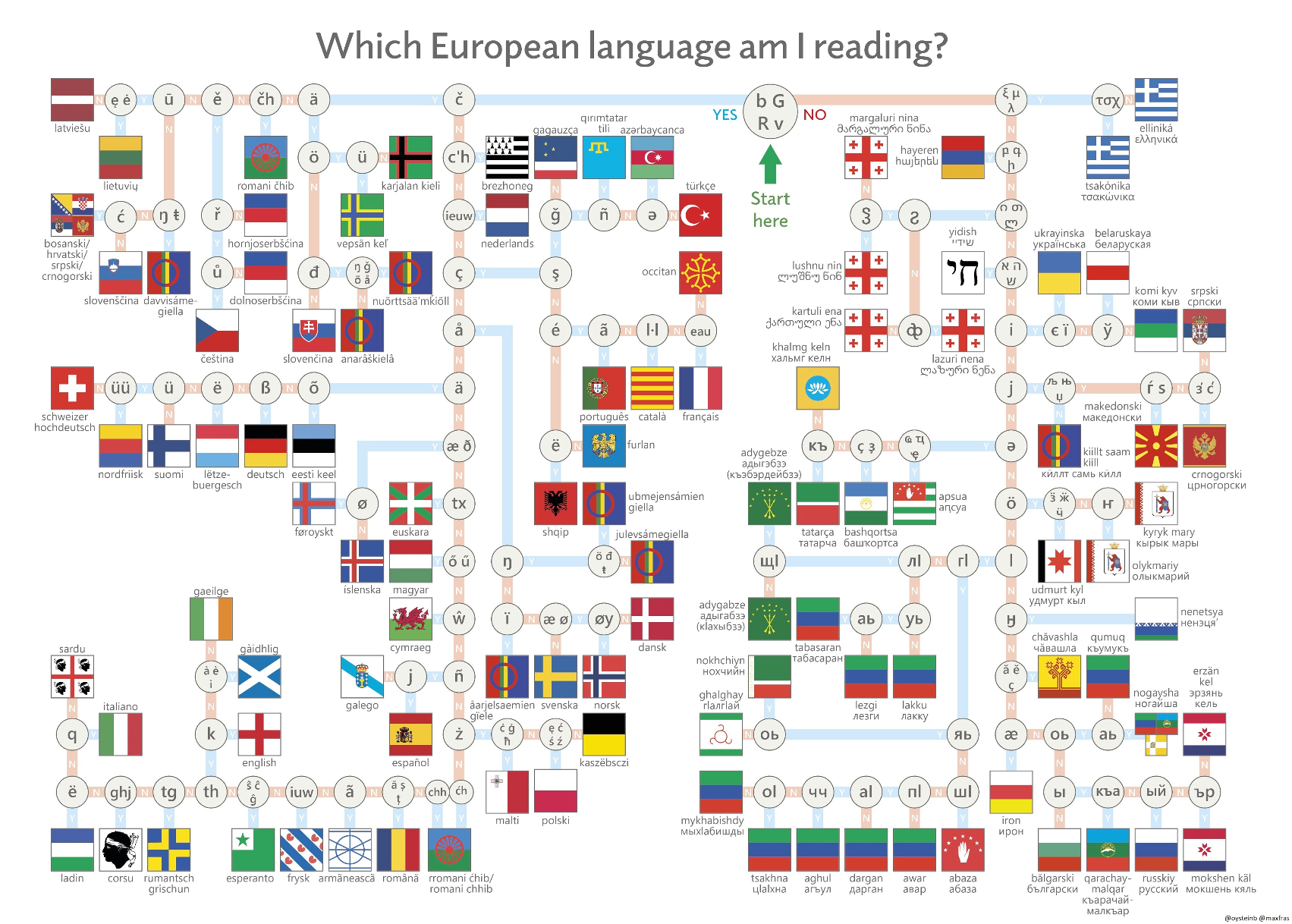this post was submitted on 30 Jul 2024
361 points (97.1% liked)
YUROP
1932 readers
63 users here now
A laid back community for good news, pictures and general discussions among people living in Europe.
Topics that should not be discussed here:
- European news: [email protected]
- European politics: [email protected]
- Ukraine war: [email protected]
Other European communities
Other casual communities:
Language communities
Cities
Countries
- [email protected]
- [email protected]
- [email protected]
- [email protected]
- [email protected]
- https://feddit.dk/
- [email protected] / [email protected]
- [email protected]
- https://lemmy.eus/
- [email protected]
- [email protected]
- https://foros.fediverso.gal/
- [email protected]
- [email protected]
- Italy: [email protected]
- [email protected]
- [email protected]
- [email protected]
- [email protected]
- Poland: [email protected]
- [email protected]
- [email protected]
- [email protected]
- [email protected]
- [email protected]
- [email protected]
- [email protected]
founded 1 year ago
MODERATORS
you are viewing a single comment's thread
view the rest of the comments
view the rest of the comments

A surprising amount of speakers of Spanish have an
řsound, usually in place of the normal trill. Specifically, it's present in New Mexican Spanish (spoken in New Mexico & Colorado), Amazonic Spanish/"Jungle Spanish" and influenced dialects (spoken in Ecuador, Peru, parts of eastern Bolivia, Paruguay, northern Chile, northern Argentinia, the Colombian highlands, and I think south Venezuela), Guatemala, and Costa Rica.Specifically, the sound is called a voiced alveolar fricative trill. The IPA symbol is [r̝].
It's said to be due to imported influence from northern Spain (Basque Country, Navarra, La Rioja), where the same sound is also present, and varyingly from the influence of various local Native American languages, some of which in the areas have/had the sound.
In some of those dialects, a pronunciation like [ʐ] may be used instead, which I think is similar to what's spelled
ż/rzin Polish. The pronunciation can weaken further into [ɹ̝], which might be hard to distinguish from thersound of some English speakers, or even more to [ɹ] which is similar to thersound in some English speech.Fascinating, thanks for the info! Much appreciated!